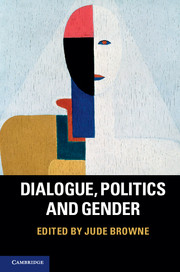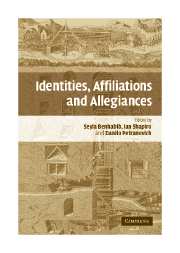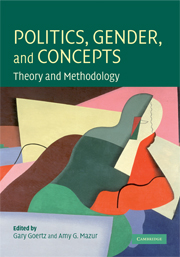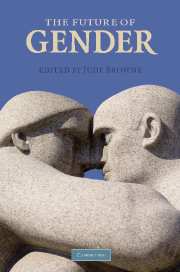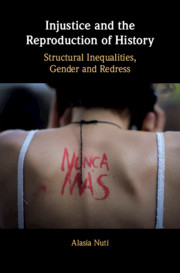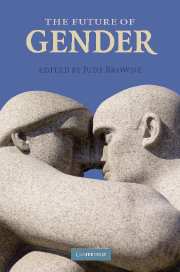Dialogue, Politics and Gender
Dialogue is promoted by its supporters as a pluralising force capable of accommodating the moral disagreement inevitable in every sphere of human society, but this promise is widely and vehemently challenged. How are we to determine the principles upon which the dialogical exchange should take place? How should we think of ourselves as interlocutors? Should we associate dialogue with the desire for consensus? How should we determine decision-making? What are the gender dynamics of dialogical politics and how much do they matter? This book brings together internationally recognised expert authors from the fields of political and social theory, political philosophy and international relations to consider these controversial questions anew from a range of theoretical positions. The differences of opinions and clashes of views make for a fascinating and highly informative read.
- Brings together leading scholars from different traditions and with different theoretical perspectives to consider key questions on the topic of gender and dialogical politics
- Features an introduction which draws out the main points of each chapter and provides a clear overview of all the key themes and arguments
- The differences of opinions and clashes of views make for a fascinating and highly informative read
Reviews & endorsements
"The chapters in this volume enable readers to engage with a set of interconnected issues and problems around dialogue, politics and gender, and to explore the potential contribution of 'dialogue' to emancipatory politics. Linking high-level critical discussion to live social and political issues, it represents a serious and stimulating contribution to contemporary debates." - Valerie Bryson, University of Huddersfield
Product details
June 2013Hardback
9781107038899
276 pages
235 × 157 × 19 mm
0.53kg
Available
Table of Contents
- Introduction: dialogue, politics and gender Jude Browne
- 1. Women and the standpoint of concrete others: from the criticism of discourse ethics to feminist social criticism James Gordon Finlayson
- 2. Gender, discourse and non-essentialism Barbara Fultner
- 3. Universalism in feminist international ethics: gender and the difficult labour of translation Kimberly Hutchings
- 4. Language, gender, dialogue, ethics: universalism and consensus after gender trouble Terrell Carver
- 5. Between consensus and deconstruction: a feminist reading of dialogue Martin Leet and Roland Bleiker
- 6. Trapped in a family portrait? Gender and family in Nietzsche's refiguring of authority Verity Smith and Tracy B. Strong
- 7. Gender, gesture and garments: encountering embodied interlocutors Diana Coole
- 8. What kind of dialogue do we need? Gender, deliberation and comprehensive values Clare Chambers and Phil Parvin
- 9. Deliberation, domination and decision-making Judith Squires.

